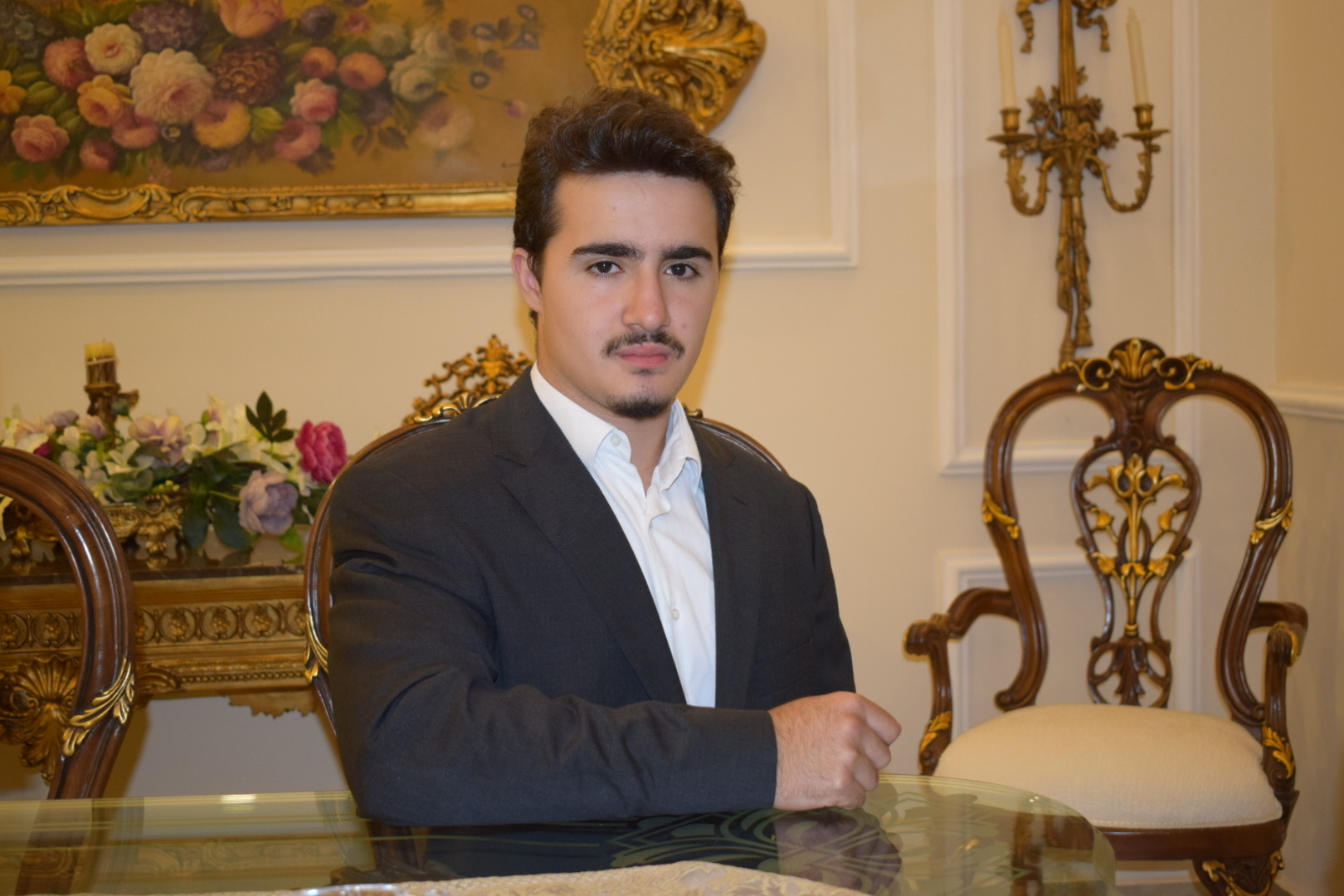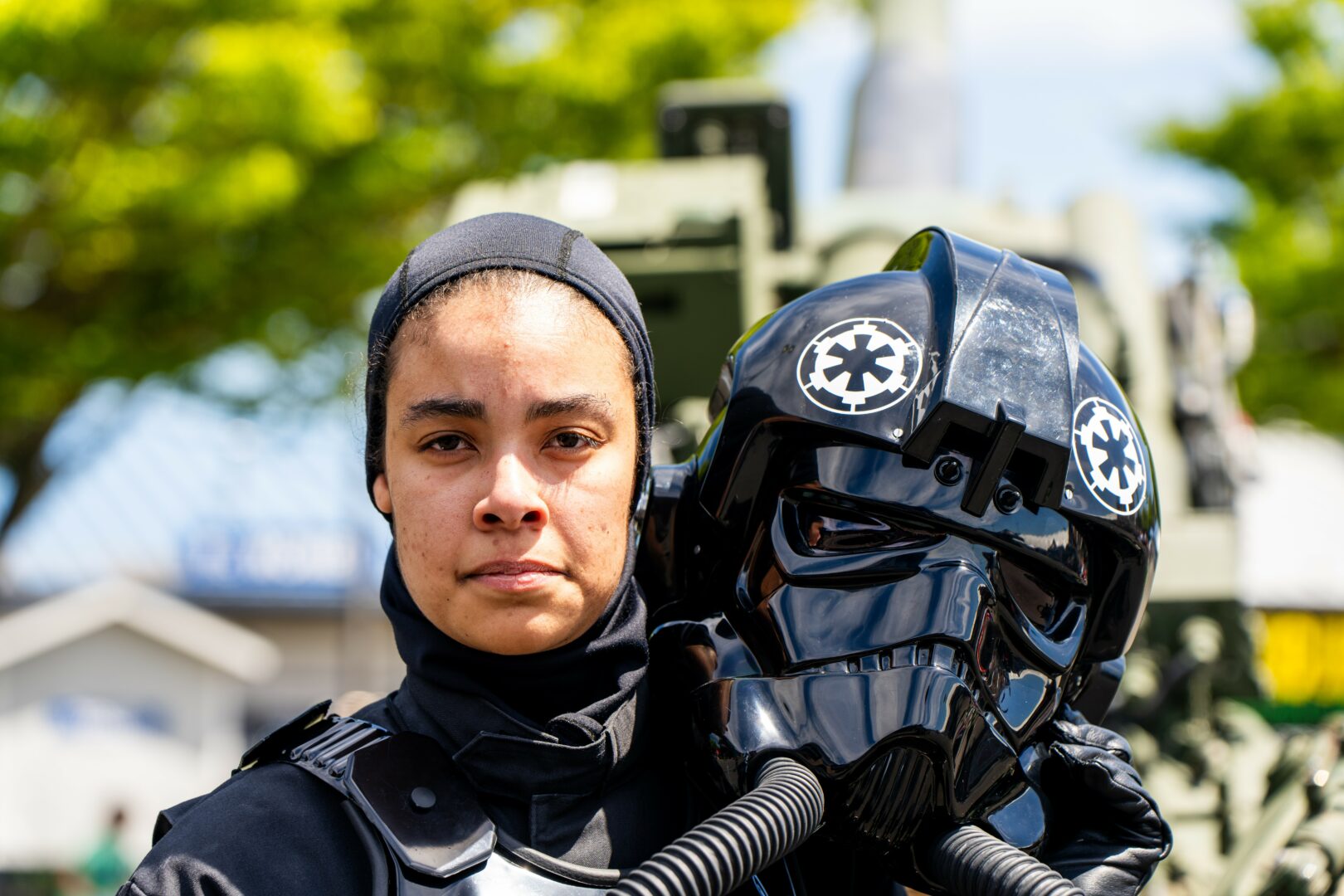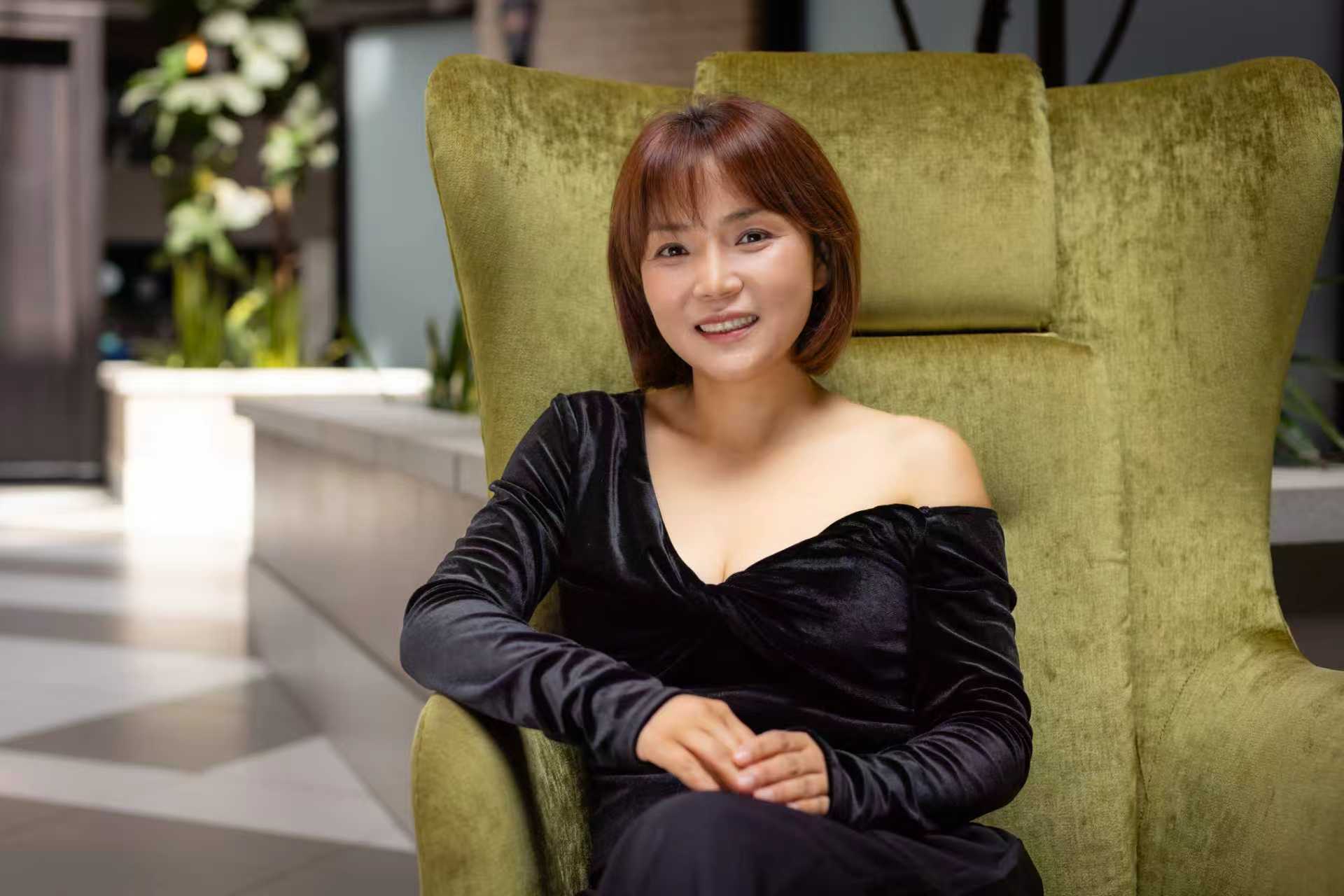We were lucky to catch up with Shi Yurui recently and have shared our conversation below.
SHI, sincerely appreciate your selflessness in agreeing to discuss your mental health journey and how you overcame and persisted despite the challenges. Please share with our readers how you overcame. For readers, please note this is not medical advice, we are not doctors, you should always consult professionals for advice and that this is merely one person sharing their story and experience.
I suffered from anorexia nervosa for five years. Before creating *One Apples*, I already had a solid understanding of recovery theory, but I hesitated to take action. As my graduation project approached, I still hadn’t decided on a theme. While venting to a friend about my frustration—mentioning how many visual arts students seemed to prefer working on branding or intangible cultural heritage projects, which felt easier for graduation—she encouraged me to focus on something I was truly passionate about or a personal struggle I was facing. She shared that she enjoyed trivial things like gossip and drawing everyday life. I realized that during my illness, I had lost touch with what I truly liked. So, I decided to face my eating disorder through my art. Looking back, I believe taking that step was already a major part of my recovery.
During that time, the rational side of me had mostly faded, leaving only the emotional part, which struggled to find an outlet. In those long, idle days, pouring my energy and thoughts into creating something—anything—became invaluable. It didn’t need to be perfect or even a fully developed piece. The process itself was precious. With eating disorders, achieving harmony between mind and body is crucial, and for me, putting my thoughts into practice was a form of artistic self-healing.


Thanks for sharing that. So, before we get any further into our conversation, can you tell our readers a bit about yourself and what you’re working on?
I currently work in graphic design, but thanks to my industrial design background, I also explore other design forms. I believe that design should always serve people—whether it’s interaction design, graphic design, or exhibition design, these are just formats. My goal is to find the right medium for each design purpose. At the moment, I’m primarily focused on art therapy and social design. I work with a Chinese eating disorder support organization called EDHealer, which is dedicated to interdisciplinary art projects that raise awareness around eating disorders. EDHealer organizes exhibitions, art education programs in universities, international film festivals, family workshops, and various social innovation projects. Through three stages—participation, practice, and development—EDHealer covers the entire process from research to practical application and social impact. The organization collaborates with universities, art institutions, and non-profits worldwide, forming research teams with scholars, practitioners, and enthusiasts from different fields to discuss and explore the multifaceted nature of eating disorders.
Outside of work, I find inspiration in everyday life and personal reflection. Whether it’s designing a luggage tag for a friend or creating a menu for my family, I see each project as an opportunity to reflect on myself. I want my designs to be grounded in real life, not something abstract or detached from the world.


There is so much advice out there about all the different skills and qualities folks need to develop in order to succeed in today’s highly competitive environment and often it can feel overwhelming. So, if we had to break it down to just the three that matter most, which three skills or qualities would you focus on?
I believe that maintaining thoughtfulness and sincerity has been the most important influence in my life. The question of “Who am I?” is timeless, and I feel that a life without self-reflection isn’t truly fulfilling. Thought helps us grow and keeps us from stagnating, whether we’re reflecting on ourselves or on the world around us. It makes us more complete and shows us new possibilities. As for sincerity, it allows me to face my true thoughts—even the selfish or imperfect ones—because they are a part of who I am. Sincerity is also what guides me in making decisions. I believe that genuine thoughts have the power to resonate deeply with others. In my professional life, I think it’s important to listen, observe, and try different things to discover new opportunities, grow through experience, and step out of the student mindset as early as possible.


Before we go, any advice you can share with people who are feeling overwhelmed?
When I feel lost, it usually happens during the creative process—like when a project hits a bottleneck. At those times, I feel that my independent thinking starts to loop, as my thoughts are influenced by my habits and past experiences. To break free, I first go over the project from beginning to end, listing out the specific challenges. Then, I reach out to friends in related fields for advice. Their fresh perspectives often open up new ideas for me, especially when I’ve been working on a project for so long that I start to overlook certain issues. Sometimes, I also set the project aside for a while to let my mind relax. Taking a break often helps new ideas come through.
Contact Info:
- Instagram: @SHIYURUII
- Other: Xiaohongshu:山羊绒
https://www.xiaohongshu.com/user/profile/5ffee91c000000000101d4bd?xhsshare=CopyLink&appuid=5ffee91c000000000101d4bd&apptime=1728313063


Image Credits
me
so if you or someone you know deserves recognition please let us know here.




